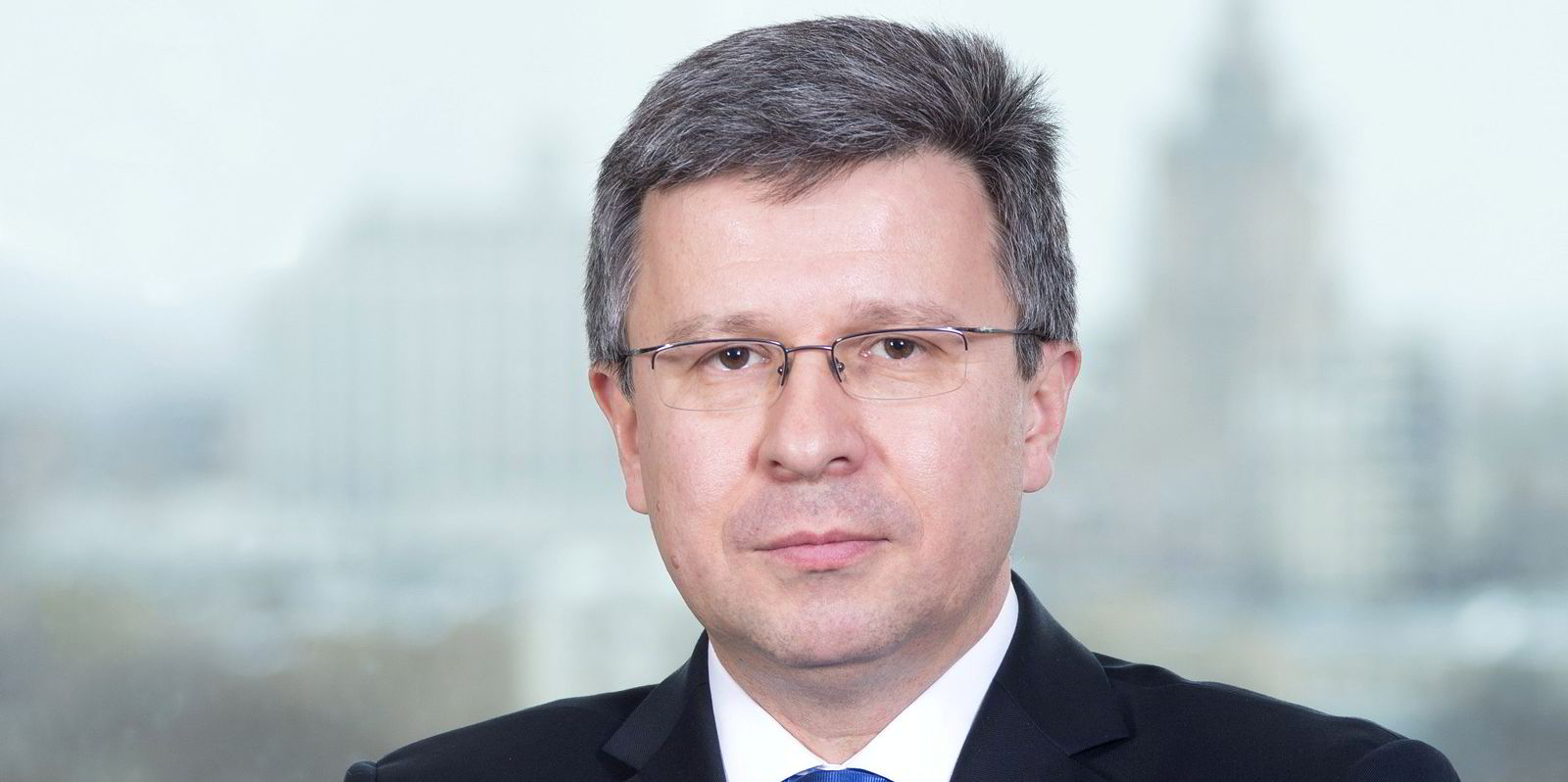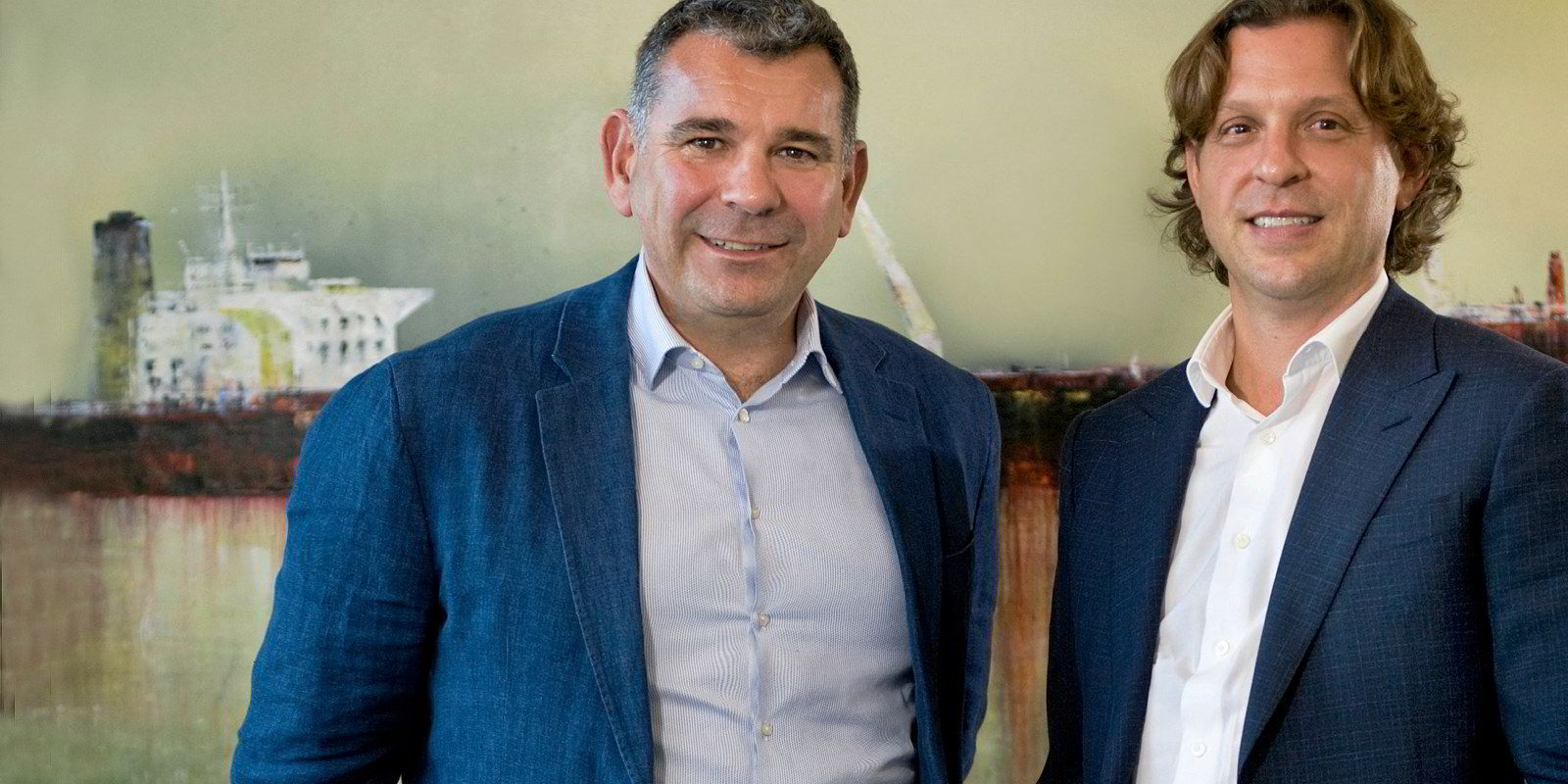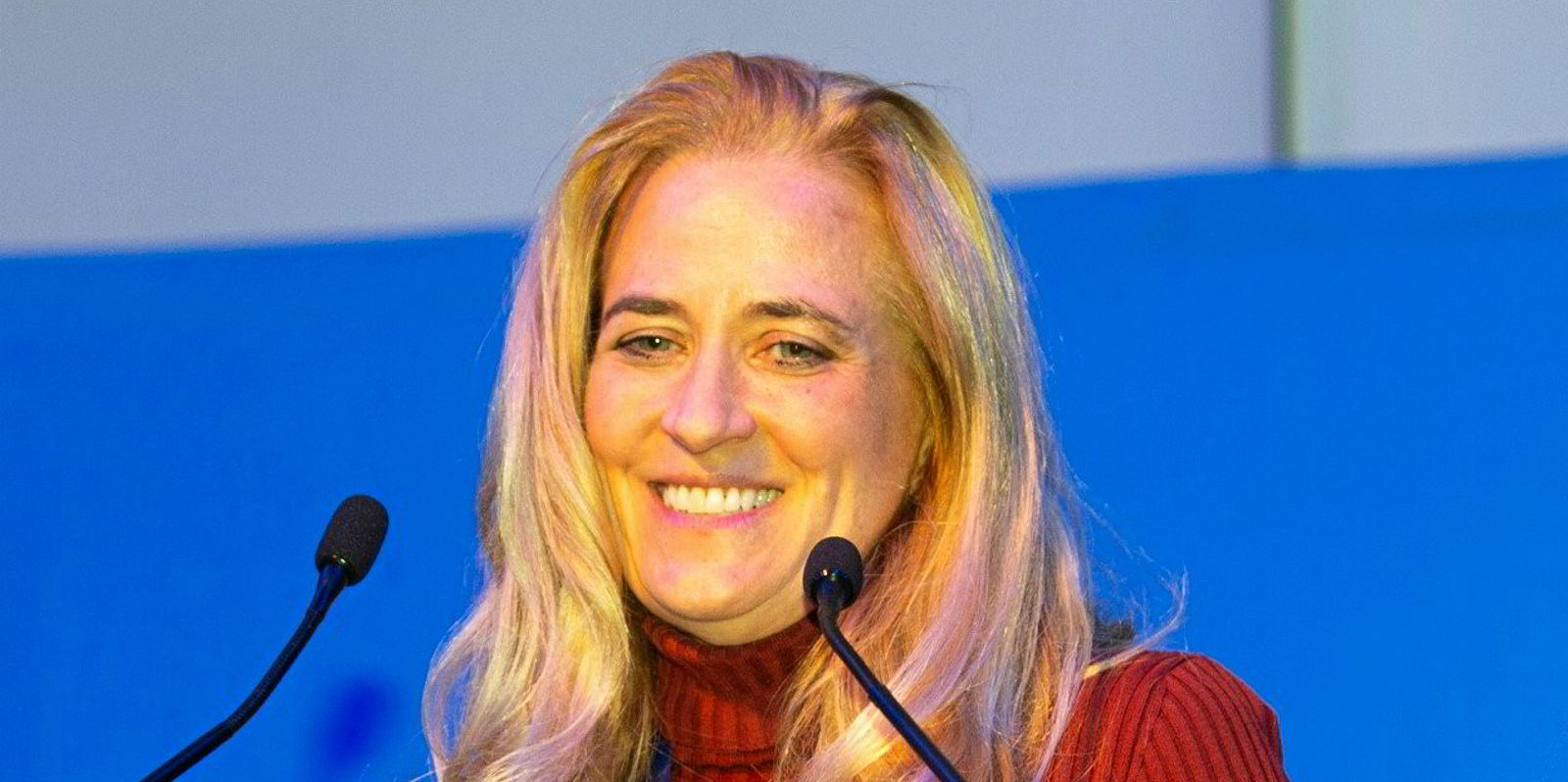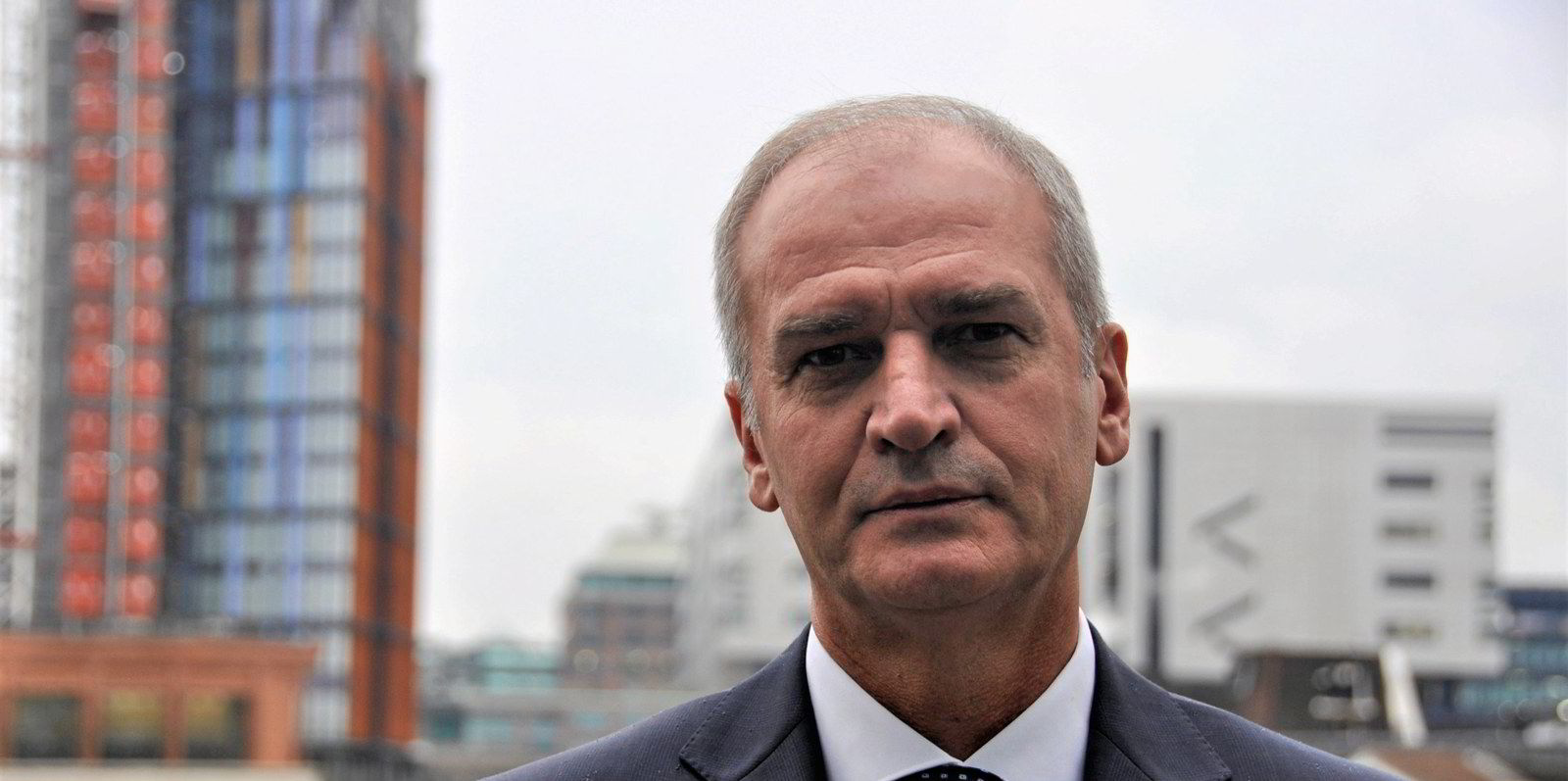Nikolay Kolesnikov does not know when a true tanker recovery will kick in, but he does not doubt it will.
"I don't think we're trying to second guess the charter markets, that's a futile effort," the chief financial officer of Russian shipowner Sovcomflot (SCF Group) told TradeWinds.
"We're waiting for the recovery on the demand side to pre-pandemic levels and that has taken a little longer than everybody anticipated," he said.
"We are finally getting close to returning to pre-pandemic levels," the CFO added.
Kolesnikov predicts demand should be back early next year to where it was before Covid-19 shook the world. "The volumes will be back," he added.
On the vessel supply side, Kolesnikov argues the sector has very good visibility for the next couple of years.
"The supply/demand situation should be favourable towards owners given that orderbooks are holding at historic lows across most tanker types," the CFO said.
Rates edging up
The executive has identified spot rates starting to creep up in October and November.
"We are on track for a recovery," Kolesnikov added.
"When exactly that happens is hard to say, but all the signals from the market suggest we've turned the corner," he said.
The rebound will be helped by the winter season, when oil demand rises. The sector is "starting to recharge," the CFO believes.
He points out that Sovcomflot benefits from the "cushion" of contracted revenue from its long-term LNG and specialised tanker businesses.
This gives the company $1bn of time charter equivalent income each year for decades. The total backlog is $24bn.
A unique charter pile
"That you will not find with any other marine services or industrial company," said Kolesnikov.
"Yes, it's long term, but that's the way we want to be seen by the market, as a marine utility or infrastructure company," he added.
Kolesnikov admits that profitability has suffered on the conventional tanker side, after a significant correction from last year's spikes.
But investors should see an upside when a full recovery takes place, he argues.
Sovcomflot listed in Moscow a little over a year ago.
Kolesnikov described the initial public offering as "positive", but it has not entailed too much change.
"We've always operated as a public company in terms of the transparency of our business and availability of information," he told TradeWinds.
The group has had bond investors for more than a decade now, so in terms of disclosure there's nothing new, the CFO explains.
"We also have access to equity capital and we can tap on that source of funding for our goals going forward," he said. "The task now is to grow the business."
More sales to come?
The Russian shipowner has sold 10 older ships this year, including crude and product carriers.
"We have tried to optimise the asset base in line with the needs of our core customers," Kolesnikov said.
When tankers reach a certain age, there is always an economic decision to make as to whether to put them through another dry-docking or usher them to the exit door, he added.
The CFO said more sales will take place if it makes economic sense, but he added that the company's newbuilding programme will be keeping it busy in the meantime.






